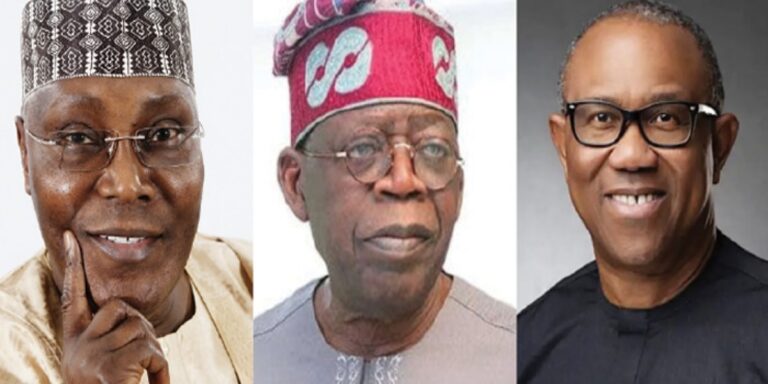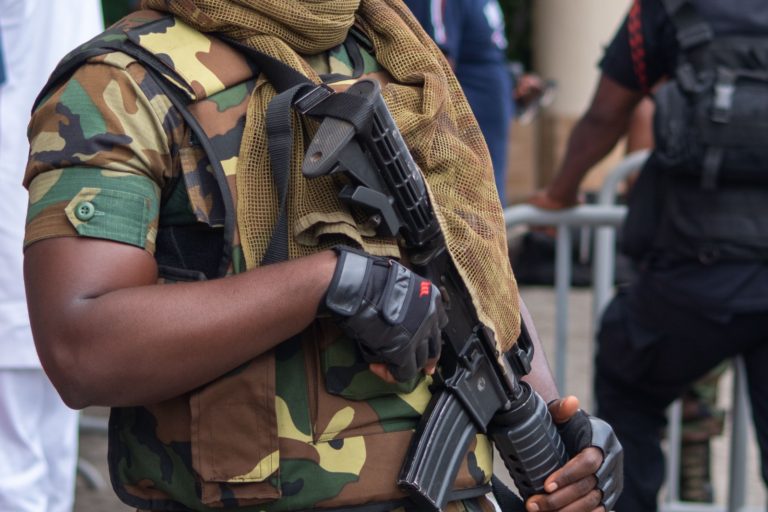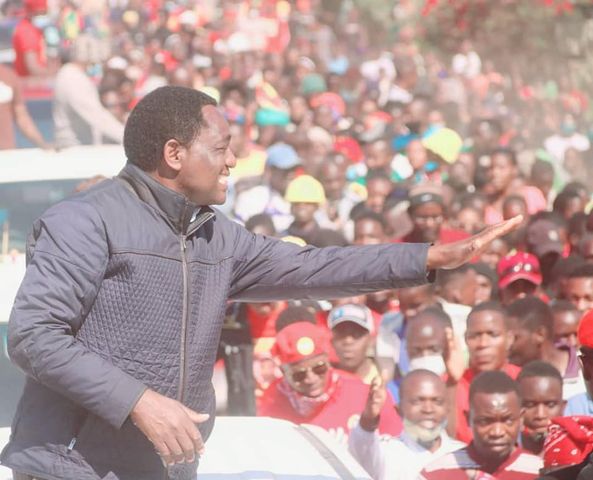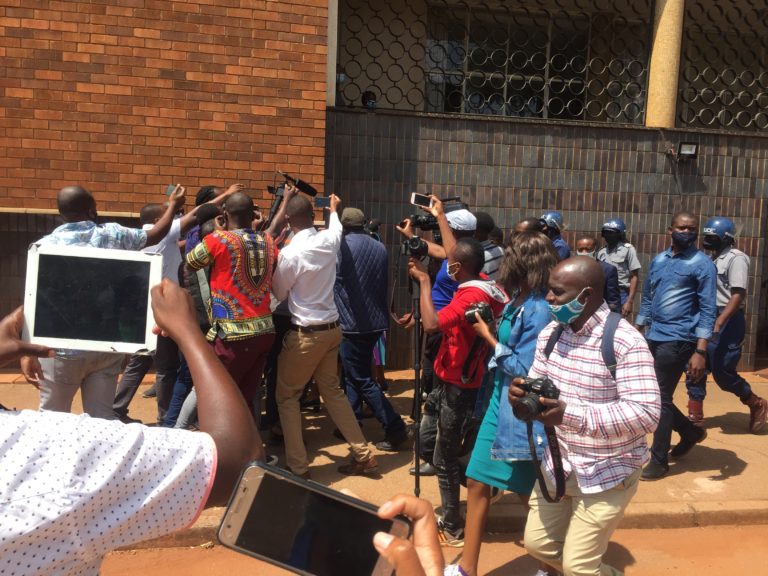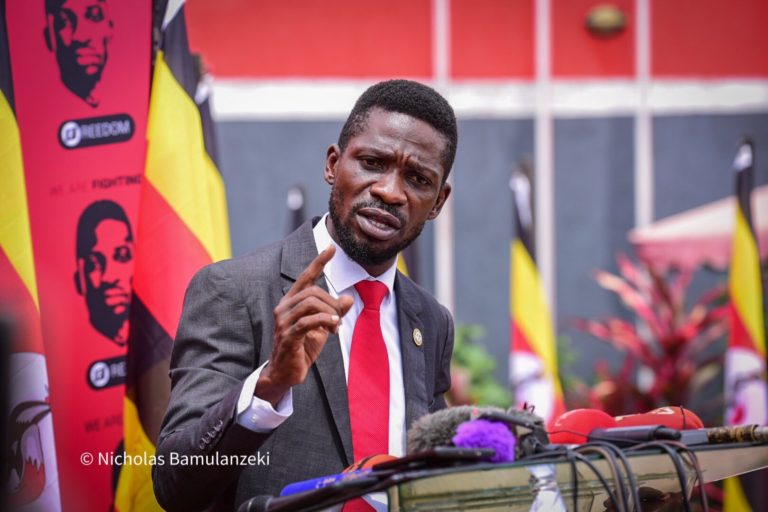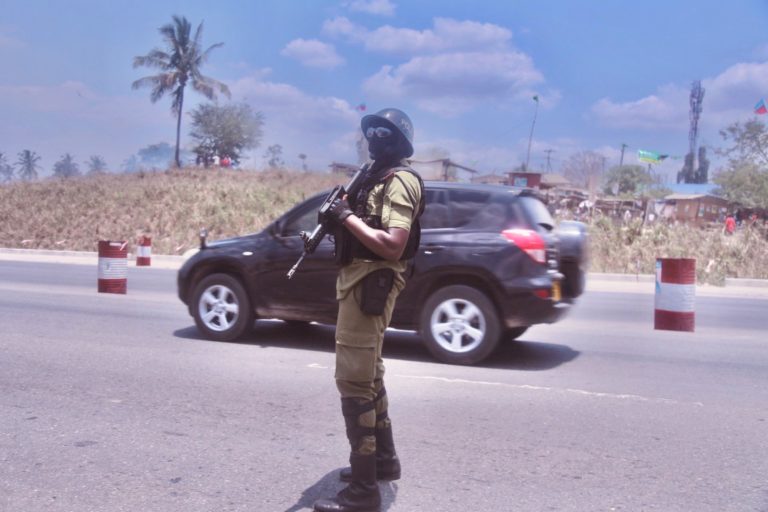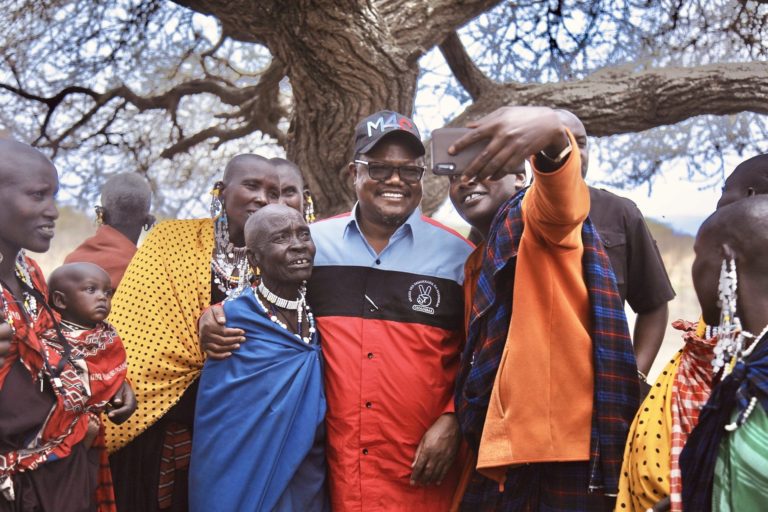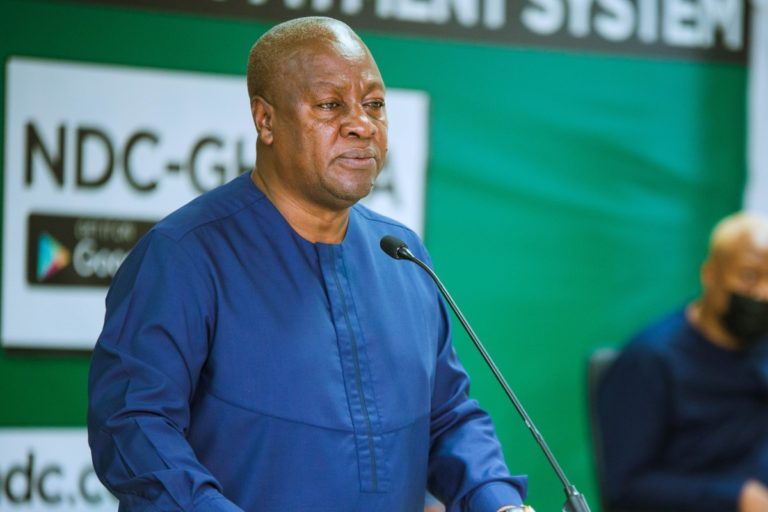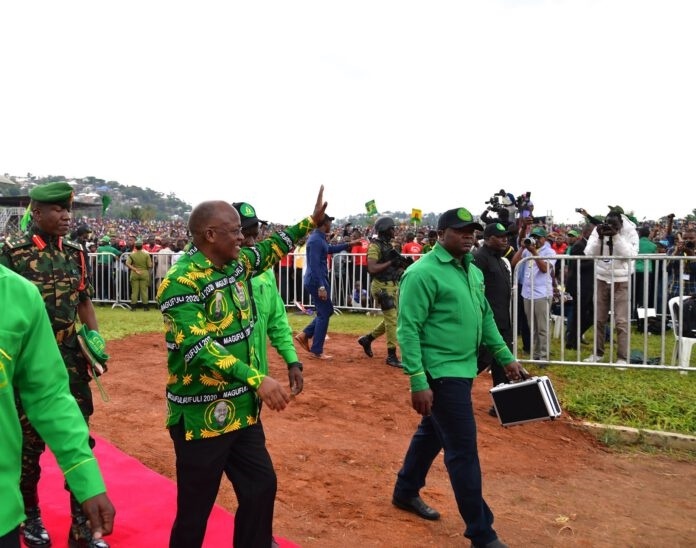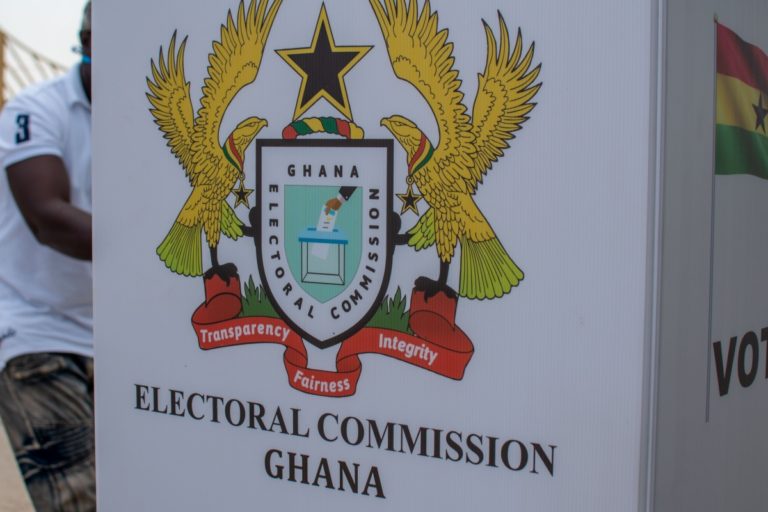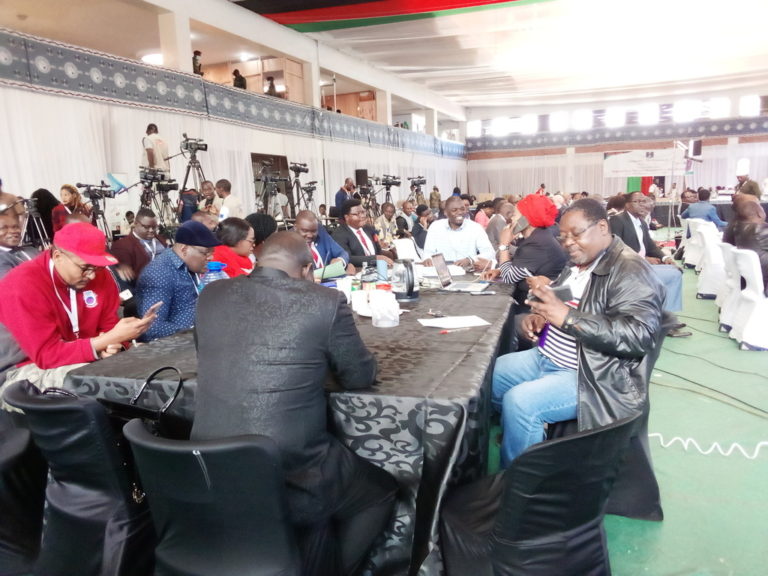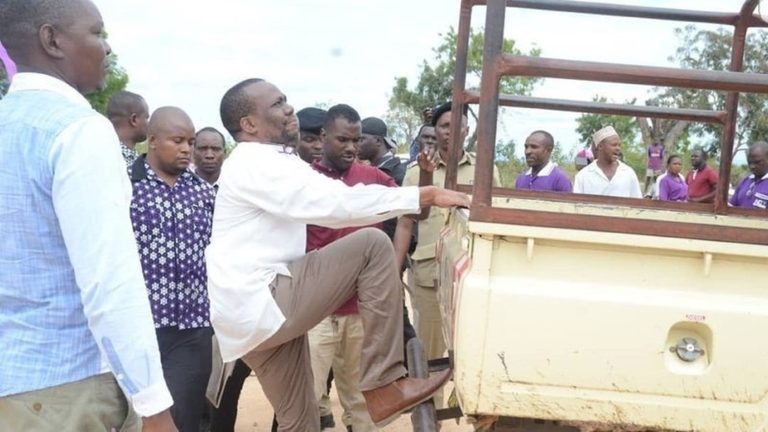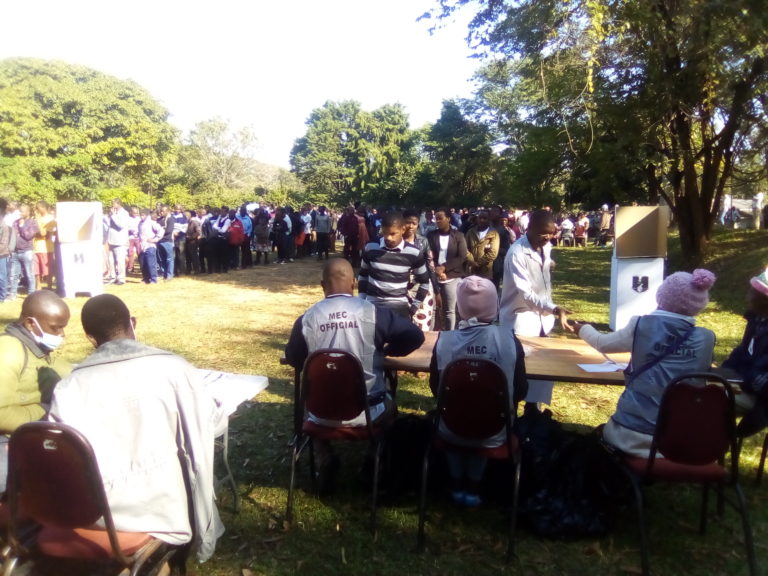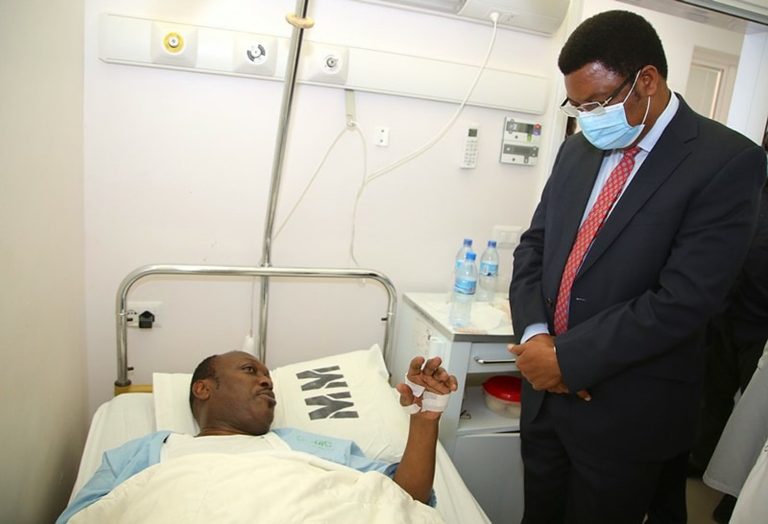If you can relate with the kind of mood you’d meet when on a visit to a street that had just experienced a robbery of a very violent dimension, then you may be able to connect with the atmosphere of gloom that descended on the country at the pronouncement of Mr. Bola Tinubu as (s)elected president of the country. The Nigerian people felt cheated, and robbed.
But needless to say, the street was indeed robbed — it was violently dispossessed of its hard-earned democratic right to choose for itself, a leader: votes were stolen at polling units and collation centers, ballot boxes were snatched, voters were intimidated, electorates and electoral officials were bought, the polling units did not only become a theater of war, it was equally drowned in blood: votes generally did not count. The street had been robbed of the right to free and fair elections.
The 2023 elections were no doubt the usual tales of sorrow, tears, and blood: the sad triumph of impunity and money politics over the democratic will of over 200 million people.
Whereas voters turnout at every election cycle since 2003 has decreased progressively, the recent polls had an unprecedented number of first-time voters who are largely very young people — those you will categorize as the children of Democracy aka Gen Zs. It was a generation that had been forged in the furnace of one of the biggest youth rebellions in recent history: the EndSARS rebellion.
Sadly, the EndSARS generation may be the last generation of Nigerians who will hold any manner of confidence in Nigeria’s electoral system due to the inability of the electoral umpire to manage the high expectations ignorantly reposed on it by the millions of this young, and highly enthusiastic voters. Whatsoever illusions anyone may have left in Nigeria’s so-called democracy, the charade conducted in 2023 may have successfully shattered such illusions.
While Bola Tinubu’s party, the ruling APC used money, and all instrumentalities of the state to suppress voters, and steal votes, the so-called front-runners — Atiku Abubakar’s PDP, and Peter Obi’s Labour Party weren’t any different. The duo equally stole votes, and repressed voters at their respective strongholds. Sadly, this is how Nigeria’s ruling class have conducted themselves every election year. This accounts for the steady decline of voter turnout at every election cycle. The loss of confidence in the system continues to increase exponentially.
At the just concluded Presidential polls, only 27% of the over 87 million eligible voters — voters with PVCs, turned out to vote. Also instructive is the fact that the supposed winner of the (s)election, Bola Tinubu, was able to secure only about 8.2 million votes, representing a very small percentage of 10.08% of the total number of eligible voters.
In all, a huge population of over 63.1 million eligible voters completely boycotted the elections. This is in addition to over 100 million Nigerians who did not even register to vote at all. Generally, Bola Tinubu’s government will be presiding over a country where over 170 million people have handed his administration a vote of no confidence even before it began.
And for such infamous administration starting off on a note of illegitimacy, and mass rejection even in the midst of daunting economic crises capable of pitching even a relatively popular Government against its people, he will in the coming period be left with the option of two extreme choices if he must hold onto his Government which by the way may have failed even before it began: an option of granting huge political and economic concession to the already discontented and disillusioned majority, or the use of brute force to suppress dissent and keep his unpopular regime in power. This in fact is the fate that awaits any government that emerges from the 2023 charade. For Bola Tinubu of the APC, which will it be? Your guess is as good as mine.
The coming days will no doubt be challenging and highly tumultuous. As such, we must do away with all manner of needless divisive narratives targeted at dividing us along ethnic lines. It is in the interest of the ruling class of all political divides to keep us isolated from one another through religion and ethnicity. We must not allow for these distractions. Only as a united front can we pose a formidable challenge to the looming danger the Presidency of Bola Tinubu and APC represents to the ordinary and suffering people of Nigeria.

